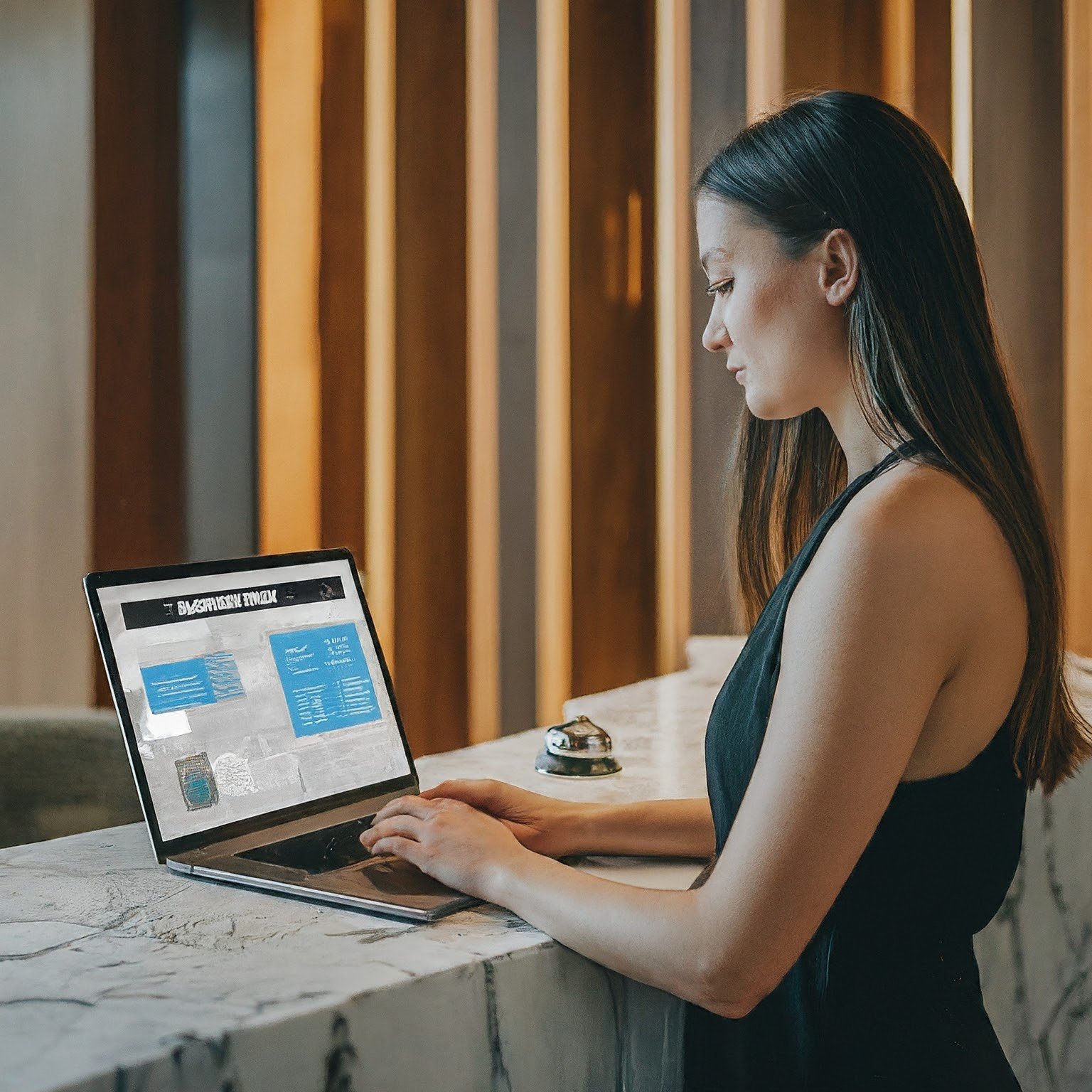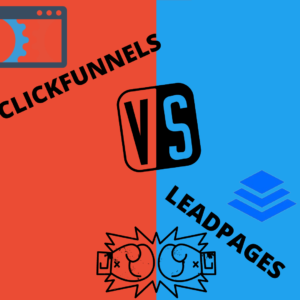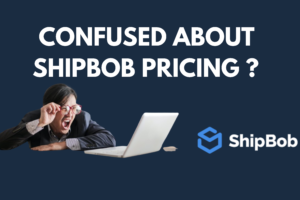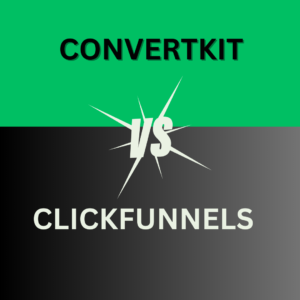In the competitive world of hospitality, finding the best CRM software for hotels is more than just a technological upgrade; it’s a strategic necessity. CRM software has revolutionized the way hotels manage guest interactions, streamline operations, and maximize revenue opportunities. With the right CRM system, hotels can not only enhance the guest experience but also gain a significant competitive edge.
This blog post is designed to guide you through the process of selecting the best CRM software tailored to the unique needs of your hotel. From understanding the essential features to evaluating user-friendliness and integration capabilities, we’ll provide you with the insights needed to make an informed decision. Whether you’re a small boutique hotel or a large resort, the right CRM software can set you on the path to improved efficiency, guest satisfaction, and profitability. Let’s dive into how you can identify the best CRM solution that aligns with your hotel’s goals and operations.
Table of Contents
Why Hotels Need CRM Software:
In the competitive hospitality industry, providing exceptional guest experiences is paramount. This is where Customer Relationship Management (CRM) software becomes an indispensable tool for hotels. The best CRM software for hotels not only streamlines operational efficiency but also personalizes the guest experience, ultimately leading to increased loyalty and revenue. Here’s why incorporating a CRM system is crucial for hotel success:
Centralized Guest Information:
A CRM system centralizes all guest information, including preferences, past stays, and communication history. This consolidation makes it easier for hotels to recognize and cater to individual guest needs, ensuring a personalized experience. For instance, knowing a returning guest prefers a room away from the elevator can make their stay more enjoyable without them needing to request it each time.
Enhanced Guest Communication:
Effective communication is key to guest satisfaction. CRM software enables hotels to maintain continuous, personalized communication before, during, and after their stay. Automated emails or messages for booking confirmations, welcome notes, and post-stay thank you emails can be tailored to each guest, making them feel valued and increasing the chances of repeat bookings.
Improved Marketing Strategies:
The best CRM software for hotels provides valuable insights into guest behavior and preferences, enabling targeted marketing campaigns. Hotels can use this data to send personalized offers and promotions, significantly improving the effectiveness of marketing efforts and driving direct bookings.
Streamlined Operations and Increased Efficiency:
CRM systems automate and streamline various operational processes, from reservations to guest feedback management. This efficiency allows hotel staff to focus more on guest service rather than manual administrative tasks, enhancing the overall guest experience.
Boosting Revenue and Loyalty:
By offering personalized experiences and targeted marketing, CRM software helps in maximizing revenue opportunities through upselling and cross-selling. Additionally, the improved guest satisfaction facilitated by a CRM can foster loyalty, encouraging repeat visits and positive reviews, which are invaluable for a hotel’s reputation.

Key Features to Look for in Hotel CRM Software:
When searching for the best CRM software for hotels, it’s crucial to identify which features will most significantly impact your operations and guest satisfaction. A well-chosen CRM can be the cornerstone of your hotel’s success, streamlining operations, enhancing guest experiences, and driving revenue growth. Here are the essential features to look for:
Comprehensive Guest Profile Management
The ability to create detailed guest profiles is at the heart of any CRM system. Look for software that allows you to track guest preferences, history, and feedback in real-time. This data is invaluable for personalizing guest experiences and for making data-driven decisions.
Seamless Integration with Other Systems
The best CRM software for hotels should seamlessly integrate with your existing hotel management systems, such as Property Management Systems (PMS), Point of Sale (POS) systems, and more. Integration ensures that all your operations are synchronized, from front desk to housekeeping to sales, enhancing efficiency across the board.
Personalized Marketing and Communication Tools
Effective CRM software offers tools for personalized marketing and communication, enabling you to send targeted emails, offers, and messages based on guest preferences and behavior. These features help in nurturing guest relationships and encouraging repeat bookings.
Mobile Accessibility
With the world leaning heavily towards mobile usage, having a CRM that’s accessible on-the-go is non-negotiable. Mobile accessibility allows your staff to update and access information anywhere, anytime, ensuring they are always informed and responsive to guest needs.
Analytics and Reporting
Data is king in the hospitality industry. The best CRM software for hotels should offer robust analytics and reporting tools, giving you insights into guest behavior, revenue trends, and operational efficiency. These insights can guide strategic decisions and help in identifying areas for improvement.
Scalability
Your chosen CRM should be able to grow with your hotel. Scalability ensures that as your hotel expands or your needs evolve, your CRM can adapt, offering more advanced features and capabilities without the need for a complete system overhaul.
User-Friendly Interface
Lastly, the CRM should have an intuitive, user-friendly interface that your staff can easily navigate. The quicker your team can master the CRM, the faster you’ll see improvements in efficiency and guest satisfaction.
Top 5 Best CRM Software for Hotels:
Salesforce
Salesforce stands out as a leading contender in the realm of CRM solutions, particularly for the hospitality industry. Known for its extensive customization options, Salesforce enables hotels to tailor the platform according to their specific operational needs and guest management requirements. As part of the “best CRM software for hotels,” Salesforce provides a comprehensive suite of tools designed to streamline guest interactions, centralize data management, and unlock powerful analytics for strategic decision-making.
Pros:
- Customization at Its Core: Salesforce’s platform is highly adaptable, allowing hotels to customize functionalities to match their unique processes and workflows.
- Scalable Solutions: Whether you’re managing a boutique hotel or a multinational chain, Salesforce grows with your business, ensuring that your CRM capabilities evolve as your hotel expands.
- Advanced Analytics: With Salesforce’s robust analytics and reporting tools, hotels can gain deep insights into guest preferences, behavior patterns, and revenue opportunities.
- Seamless Integrations: It integrates seamlessly with a wide range of third-party applications and systems, including property management systems (PMS), point of sale (POS) systems, and marketing platforms, creating a unified operational ecosystem.
Cons:
- Learning Curve: The platform’s extensive features and customization options can be overwhelming for new users, necessitating a period of learning and adaptation.
- Cost Considerations: While Salesforce offers tremendous value, its pricing structure, particularly for advanced features and customizations, may be a consideration for smaller establishments.
Price: Salesforce provides a tiered pricing model that caters to various business sizes and needs, starting with a basic CRM package and extending to more advanced, feature-rich editions. Pricing details are tailored to specific business requirements, so hotels are encouraged to contact Salesforce directly for a quote that matches their specific needs.
Experience: Hotels using Salesforce report significant improvements in guest satisfaction, operational efficiency, and revenue growth. The ability to customize guest communications, offers, and services based on detailed CRM insights has enabled hotels to offer a more personalized and engaging guest experience.
HubSpot:
HubSpot offers an all-in-one CRM platform that is particularly beneficial for hotels looking to enhance their guest experiences and streamline operations. This CRM software excels in automating marketing, sales, and customer service processes, making it easier for hotels to attract, engage, and delight guests throughout their journey. HubSpot’s easy-to-use interface and comprehensive suite of tools enable hotels to manage guest interactions, bookings, and feedback efficiently.
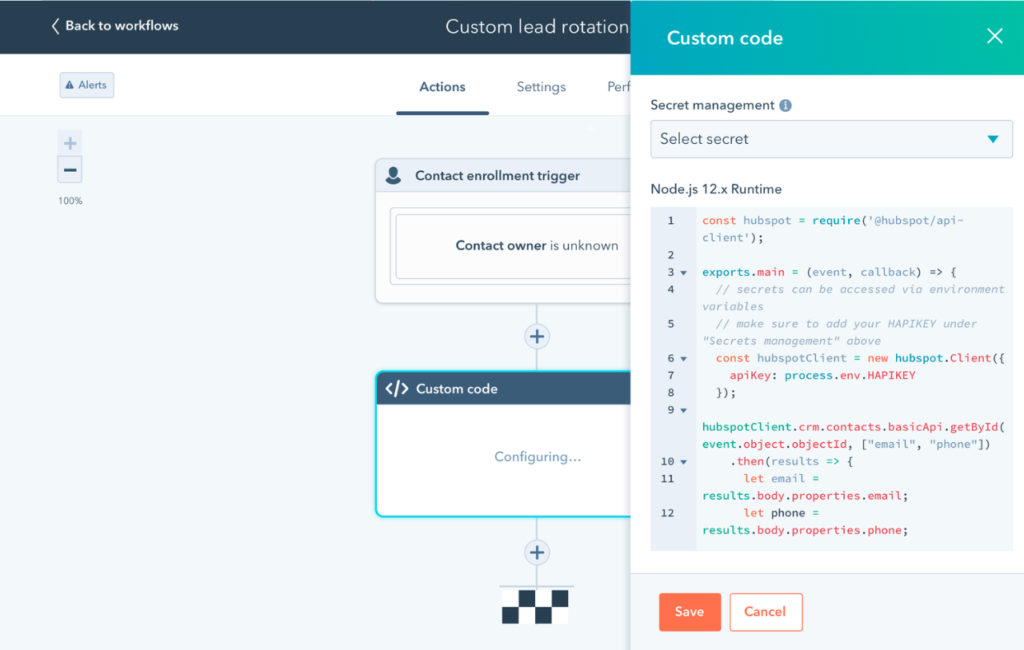
Pros:
- User-Friendly Interface: HubSpot is known for its intuitive design, making it accessible to users with varying levels of tech expertise.
- Comprehensive Marketing Tools: Includes everything from email marketing to social media management, helping hotels create and execute cohesive marketing strategies.
- Integration Capabilities: Easily integrates with other software, including PMS and POS systems, to provide a unified view of guest data.
- Excellent Customer Support: HubSpot offers extensive resources and support to help hotels make the most of their CRM system.
Cons:
- Pricing for Advanced Features: While HubSpot offers a free version, advanced features and tools can become quite expensive.
- Complexity for Larger Operations: Some larger hotels might find the platform less customizable for complex, large-scale operations compared to more specialized solutions.
Price: HubSpot operates on a freemium model, offering a free version with basic CRM functionalities. For more advanced features, pricing tiers start from basic packages suitable for small hotels to more comprehensive solutions for larger operations. Specific pricing for hotels would depend on the selected package and any additional integrations or services required.
Experience: Hotels using HubSpot can expect to see a streamlined workflow across departments, improved guest communication, and more effective marketing campaigns. The platform’s emphasis on inbound marketing allows hotels to attract guests organically, enhancing their online presence and reputation. Moreover, the analytics provided by HubSpot enable hotels to measure the success of their marketing efforts and adjust strategies accordingly.
Zoho CRM
Zoho CRM stands out as one of the best CRM software for hotels, offering a versatile and user-friendly platform designed to cater to the unique needs of the hospitality industry. With its robust suite of tools, Zoho CRM enables hotels to manage guest information, bookings, and inquiries efficiently, while also providing powerful marketing automation and analytics capabilities to enhance guest engagement and maximize revenue.
Pros:
- Affordability: Zoho CRM is known for its competitive pricing, making it an attractive option for hotels of all sizes, especially small to mid-sized establishments.
- Ease of Use: The platform is user-friendly, with an intuitive interface that simplifies customer relationship management for hoteliers.
- Customization: Zoho CRM offers extensive customization options, allowing hotels to tailor the software to their specific operational needs.
- Integration: It integrates seamlessly with a wide range of applications, including email, social media platforms, and third-party apps, facilitating a unified management system.
Cons:
- Complexity with Advanced Features: While Zoho CRM is generally user-friendly, some of its more advanced features may require a learning curve to fully utilize.
- Support: Some users have reported that the customer support could be improved, especially for complex issues.
Price: Zoho CRM offers a variety of pricing plans to suit different needs and budgets, starting from a free version with basic features to more advanced plans that cater to the extensive needs of larger hotels. The paid plans typically range from $14 to $52 per user per month, billed annually, with the option to customize further for enterprise solutions.
Experience: Hotels using Zoho CRM can expect a streamlined approach to managing guest relationships, from initial contact through post-stay follow-ups. Its automation tools allow for personalized communication with guests, enhancing the overall guest experience and increasing loyalty. Additionally, Zoho’s analytics provide actionable insights into guest preferences and booking trends, enabling hotels to make data-driven decisions to boost occupancy and revenue.
Oracle NetSuite
Oracle NetSuite offers a cloud-based, integrated system designed to meet the unique needs of the hospitality industry, making it one of the best CRM software for hotels. This robust platform combines CRM capabilities with enterprise resource planning (ERP) and human capital management (HCM) features, providing a comprehensive solution for hotel management. Oracle NetSuite enables hotels to streamline operations, enhance guest services, and improve financial performance through real-time analytics and reporting.
Pros:
- Comprehensive Solution: Oracle NetSuite offers an all-in-one platform that integrates front-office and back-office operations, providing a 360-degree view of the hotel’s operations and guest interactions.
- Real-Time Analytics: With advanced analytics, hotels can gain immediate insights into guest preferences, operational efficiency, and financial performance.
- Cloud-Based: Being cloud-based, it ensures data is accessible anytime, anywhere, which is crucial for the dynamic hospitality environment.
- Customization and Scalability: The platform is highly customizable and scalable, able to support hotels as they grow and their needs change.
Cons:
- Complexity: The comprehensive nature of Oracle NetSuite may result in a steep learning curve for staff unfamiliar with such integrated systems.
- Cost: The price point for Oracle NetSuite can be higher than other CRM solutions, potentially making it less accessible for smaller hotel operations.
Price: Oracle NetSuite’s pricing is tailored to each business’s specific needs and scale. It typically operates on a subscription model, with costs varying based on the modules selected, the number of users, and the level of customization required. Hotels interested in Oracle NetSuite should contact Oracle directly for a personalized quote.
Experience: Hotels leveraging Oracle NetSuite can expect to see a significant transformation in how they manage their operations. The unified platform not only improves internal efficiencies by reducing manual tasks and automating processes but also enhances the guest experience by providing staff with the information they need to offer personalized services.
Amadeus Hospitality
Amadeus Hospitality provides a suite of technology solutions designed specifically for the travel and hospitality industry, including a robust CRM software. Tailored to meet the unique needs of hotels, Amadeus Hospitality’s CRM tools focus on personalizing the guest experience, optimizing revenue management, and streamlining operations. This platform enables hotels to gather and analyze customer data, manage reservations and inventory, and execute targeted marketing strategies effectively.
Pros:
- Industry-Specific Features: Amadeus offers features specifically designed for the hospitality industry, enhancing guest engagement and operational efficiency.
- Global Reach: With its extensive network, Amadeus allows hotels to connect with travel agencies and customers worldwide, increasing visibility and bookings.
- Integrated Solutions: Amadeus provides a comprehensive ecosystem of solutions, including property management systems (PMS), revenue management, and more, allowing for seamless operations.
- Data-Driven Insights: The platform’s advanced analytics help hotels understand guest preferences and behavior, enabling more personalized services and marketing.
Cons:
- Complexity: The wide array of features and global scope can make the system complex to navigate for new users or smaller hotels.
- Cost: Given its extensive features and global network, Amadeus Hospitality can be a significant investment, potentially making it less accessible for smaller establishments.
Price: Pricing for Amadeus Hospitality’s CRM solutions is not typically listed upfront due to the tailored nature of their services. Hotels are encouraged to contact Amadeus directly for a customized quote based on their specific requirements and the scale of their operations.
Experience: Hotels that implement Amadeus Hospitality’s CRM can expect an enhanced ability to manage guest data, leading to improved customer satisfaction through personalized experiences. The platform’s integrated approach allows hotels to streamline various aspects of their operation, from booking and check-in processes to marketing and revenue management, ultimately contributing to a more efficient and profitable operation.
How to Choose the Right CRM Software for Your Hotel
Selecting the right CRM software is crucial for enhancing your hotel’s operational efficiency, guest satisfaction, and overall profitability. With the myriad of options available, it can be challenging to identify the best CRM software for hotels. Here’s a guide to help you make an informed decision:
Understand Your Hotel’s Needs: Start by assessing your hotel’s specific requirements. Do you need a CRM to improve guest communication, streamline reservations, or enhance marketing efforts? Understanding your primary objectives will help you narrow down your options to find a CRM that aligns with your goals.
Evaluate Feature Sets: The best CRM software for hotels should offer a comprehensive set of features tailored to the hospitality industry. Look for functionalities such as guest data management, reservation system integration, marketing automation, and analytics. Ensure the CRM can handle your hotel’s specific needs, such as group bookings or event management if applicable.
Consider Integration Capabilities: A CRM that seamlessly integrates with your existing systems (e.g., Property Management Systems, Point of Sale systems, and third-party booking engines) is crucial. Integration ensures a unified platform for all operations, minimizing manual data entry and errors.
Assess Scalability: The CRM software should be able to grow with your hotel. Whether you’re expanding your property or increasing your service offerings, your CRM should easily accommodate this growth without significant additional costs or complexity.
Check for User-Friendliness: The software should be intuitive and easy for your staff to use. A user-friendly interface reduces the learning curve and enhances productivity. Consider requesting a demo or trial to test the software’s usability.
Read Reviews and Ask for References: Look for reviews from other hotels that have used the CRM software. Industry feedback can provide valuable insights into the software’s performance and customer service quality. Asking for references and case studies can also offer a glimpse into the software’s real-world applications.
Consider Pricing and ROI: Evaluate the pricing structure of the CRM software to ensure it fits within your budget while offering a good return on investment. Consider not only the initial costs but also any ongoing fees for support, updates, and additional features.

Conclusion:
Selecting the best CRM software for hotels is a pivotal decision that can significantly impact your hotel’s efficiency, guest satisfaction, and overall success. The right CRM system offers a centralized platform to manage guest interactions, streamline operations, and enhance marketing efforts, ultimately leading to increased revenue and guest loyalty.
In your quest for the best CRM software for hotels, it’s essential to take a holistic approach. Understand your hotel’s specific needs, evaluate the feature sets of potential CRM systems, consider their integration capabilities with your current operations, assess their scalability, ensure they are user-friendly, and carefully analyze their cost against the potential ROI. Don’t forget to leverage reviews and references for firsthand insights into how the software performs in real-world scenarios.
Remember, the goal is not just to find a CRM software but to find the right CRM software that aligns with your hotel’s unique needs and goals. By following the guidelines outlined in this post, you’re equipped to make an informed decision that will benefit your hotel in the long run


